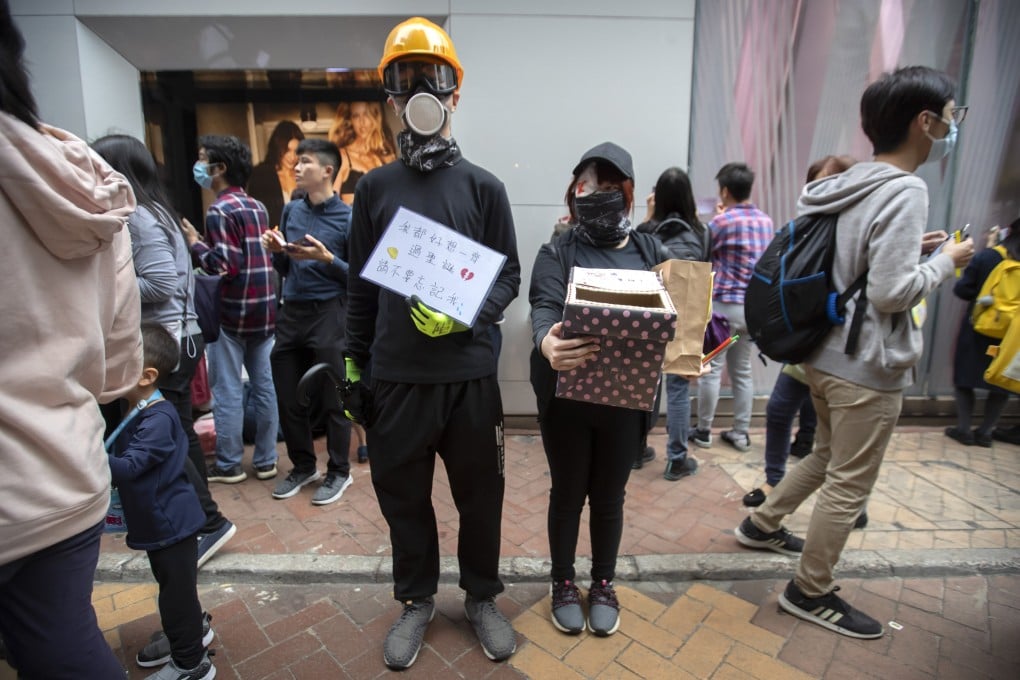Opinion | 2019 protests, national security law: Hong Kong young offenders deserve a second chance
- Those who have served their jail time have paid a heavy price and we must all move forward, however painful
- The government can lead by offering civil service jobs, dispelling fears that employing them would be unpatriotic

Numerous factors can contribute to young people making bad choices and engaging in activities that breach society’s norms, ethical standards or, in more severe cases, the law.
In Hong Kong’s case, some residents think that young people who have grown up in such a safe and cosseted environment may lack the worldly experience, critical thinking, analytical skills and emotional intelligence to truly understand the consequences of their poor decision-making or accountability in the eyes of the law.
They may make impulsive choices without fully considering the potential adverse outcomes. They are often heavily influenced by their peers and feel forced to conform to group norms or participate in activities they otherwise wouldn’t consider.
In the past, they may have been motivated to participate in demonstrations or behave recklessly in response to perceived societal injustices or inequalities. When young people feel powerless, marginalised or unheard, they tend to express their discontent through aggressive action. Intense emotions such as anger, frustration or a sense of injustice can drive young people to engage in disruptive behaviour.
We all recognise that the motivations behind young people’s actions are complex and multifaceted. Understanding their concerns and providing constructive channels for them to express their opinions help steer them towards a more positive social engagement and avoid conflict. We all have a role to play here.

